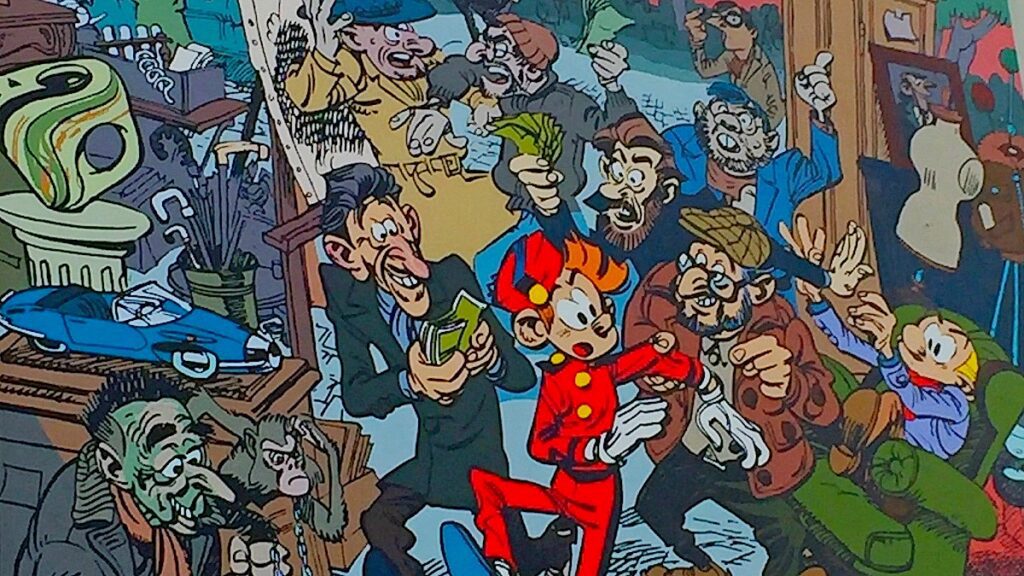
The 9th Art: Recreating Childhood Wonder in Franquin’s Spirou and Fantasio
To read Franquin’s Spirou and Fantasio comics is to blur the line between child and adult and to enter a world of wonder of which we could all use a taste.

To read Franquin’s Spirou and Fantasio comics is to blur the line between child and adult and to enter a world of wonder of which we could all use a taste.

Could Fauda prove the clearest testament yet to the Palestinian question’s irreducible unsolvability?

Tolkien’s most intimidating book may be his richest.

To borrow from Flannery O’Connor, The Secret History might not be Christ-centered, but it is certainly Christ-haunted. As such, the novel makes for excellent Lenten reading.

Fresh off forming Israel’s most right-wing government ever, Bibi Netanyahu appears in his recently published memoir as the Jewish people’s shrewdest leader since King Solomon.
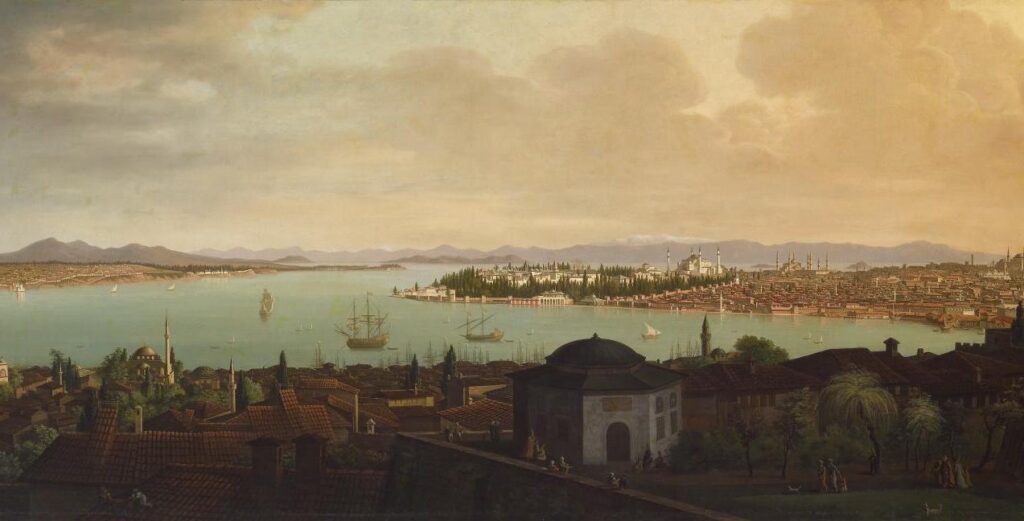
Orhan Pamuk is a masterful writer. His books all open in such a way that you know they are going to be hard to put down.
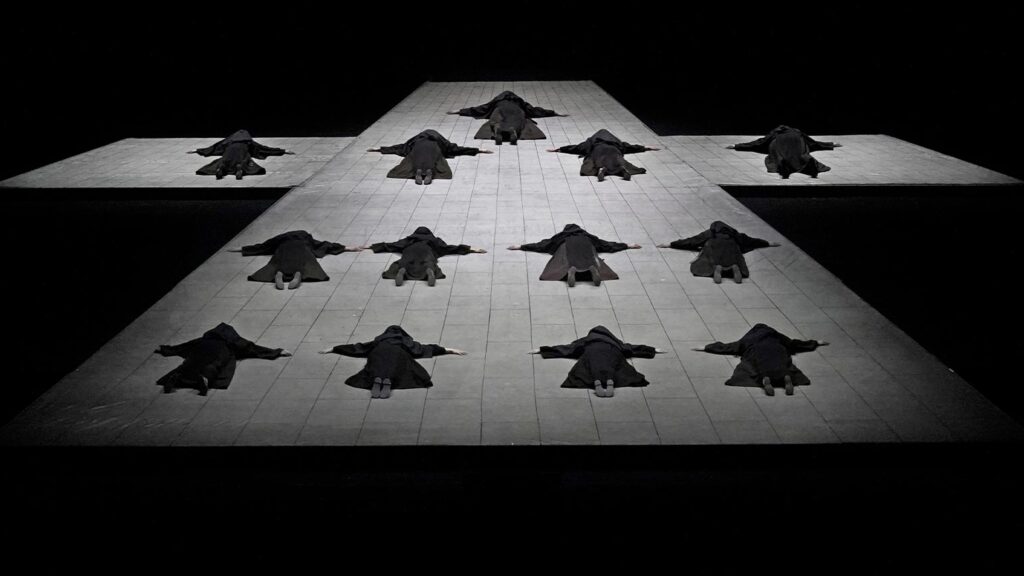
Having withstood the test of time, this fine revival of Dialogues des Carmélites should be a lesson to the Met Opera management as it seeks a new direction.

The Meaning of Birth presents a dynamic struggle to articulate the beauty of our being born and other wisdom necessary to recover the metaphysics of being ‘pro-birth.’
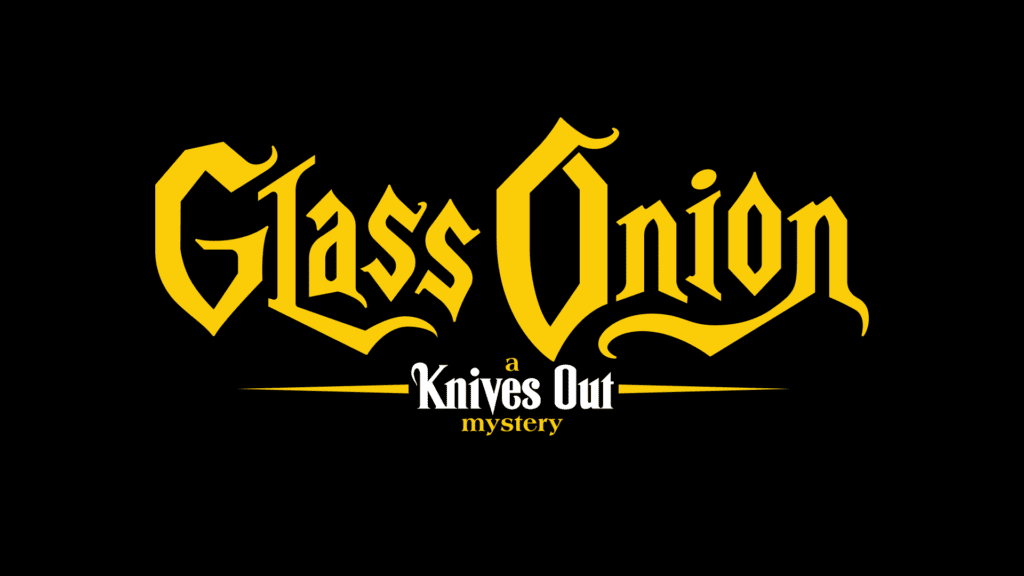
Daniel Craig’s southern detective dressed like Cary Grant invokes the gravitas of tradition against postmodernity’s myth of the tech-disruptor, together with a heroine armed with a perfect disinterest in wealth.

Penguin’s choice to publish Marvel comics under their “Classics” label is provocative, but is it justified? This month’s comics column considers this question while reviewing the new Penguin volumes.

Erdoğan either has the best of intentions for Turkey or is simply in love with power. The fact that he has altered the presidential voting system and extended his term of office in the process suggest the latter.

London’s National Gallery ventured to assemble what it described as the first exhibition outside Italy “to encompass all aspects of Raphael’s artistic activity across his career.”
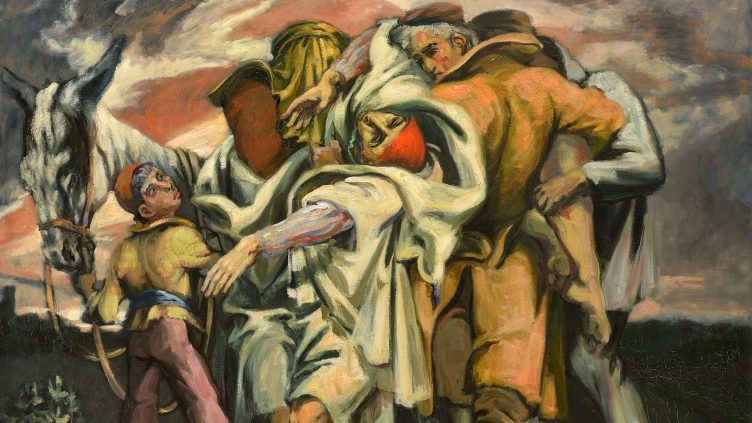
In France, Jews and Arabs have been drifting apart over the past 50 years. A Paris exhibition commissioned by one of the country’s leading historians hoped to build bridges.

The movie is about aviators flying jets, success and failure, personal struggle in the face of obstacles, facing ghosts of the past, family, and ultimately about pushing oneself to the limits. Period.
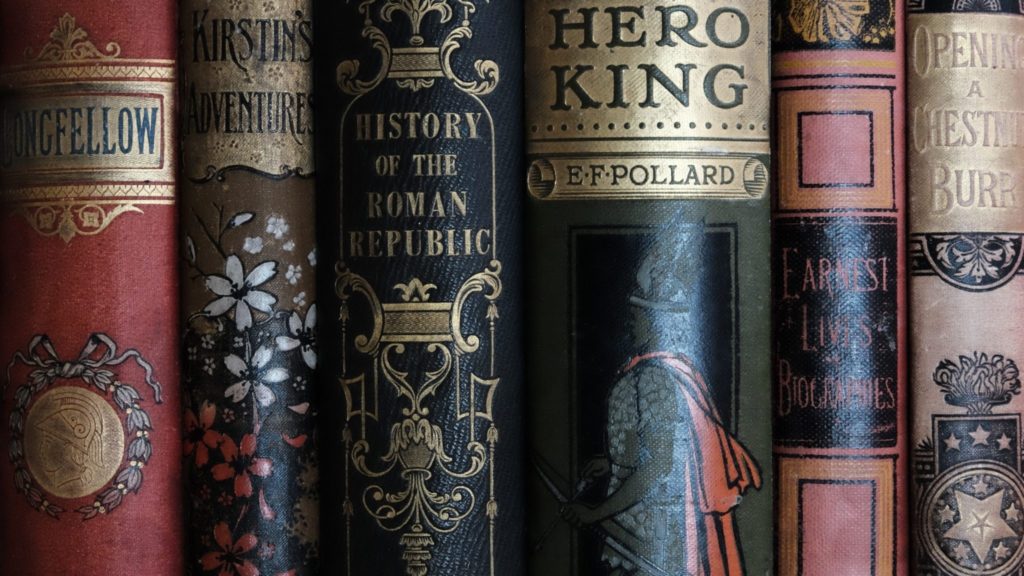
When we find ourselves at an impasse, it can be very helpful to look to great figures from history for guidance. Today, we could learn a thing or two about cultivating political culture from a universally-known but rarely studied figure, Charles the Great, or Charlemagne.
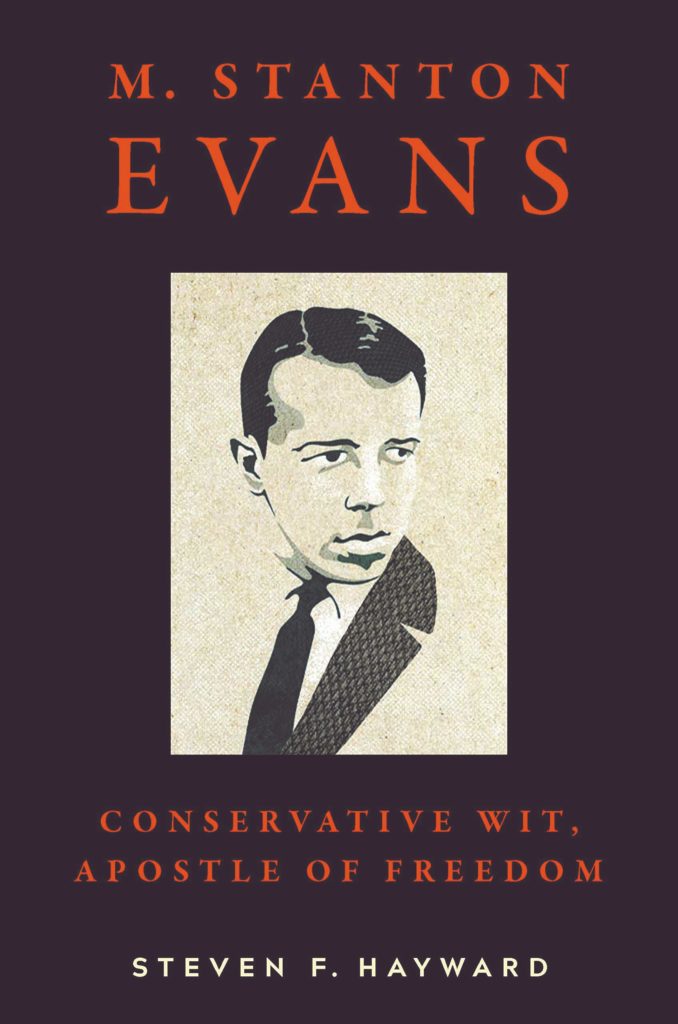
Reagan’s election would be the ultimate test of the so-called Evans’ law: “whenever one of our people reaches a position of power where he can do us some good, he ceases to be one of our people.”

Richard de Sèze’s brilliant and light pen swirls around the impressions of everyday life to give us a delicious panorama of things that pass and things that do not.
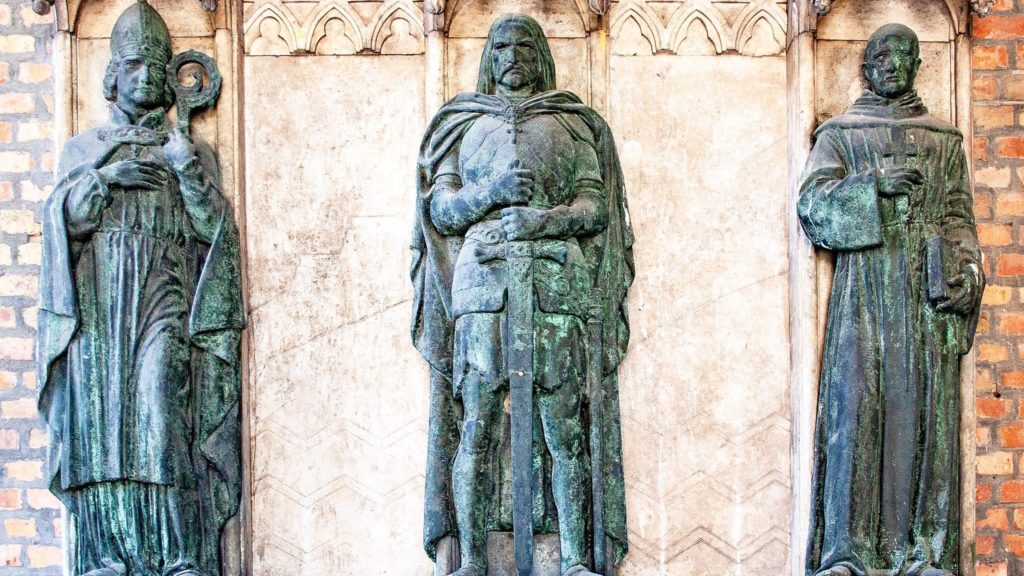
Although the book is properly a mosaic of voices— two personalities dominate, both on the battlefield and in the documentation. The first is the heroic Christian military commander Hunyadi. The second figure is far less remembered today, the Franciscan friar Saint John of Capistrano, sometimes called the Soldier Saint although the only “weapons” he carried were a crucifix and a banner.
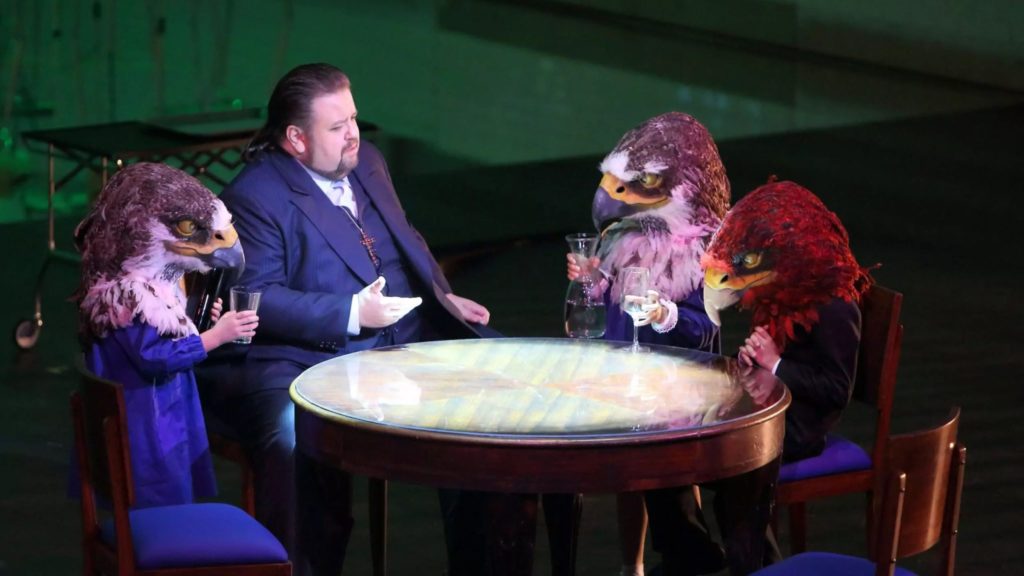
Warlikowski’s productions tend toward the visceral. His exploration of the opera’s mythological content led him to profound meditations on the fluidity of space and time, of the real and the unreal.

Waugh’s trilogy approaches war with a transcendent hope that is capable of withstanding the slings and arrows of modernity without losing itself.

A great deal has been said recently about Alexander Dugin’s thought. Michael Millerman, the foremost English language interpreter of the “most dangerous philosopher in the world,” reviews his 2021 book.

One of Hazony’s aims is to remind us that liberals and conservatives, while they teamed up against Communism to win the Cold War, do not share a political project. “Enlightenment liberalism,” Hazony argues, “is bereft of any interest in conserving anything. It is devoted entirely to freedom, and in particular to freedom from the past.”